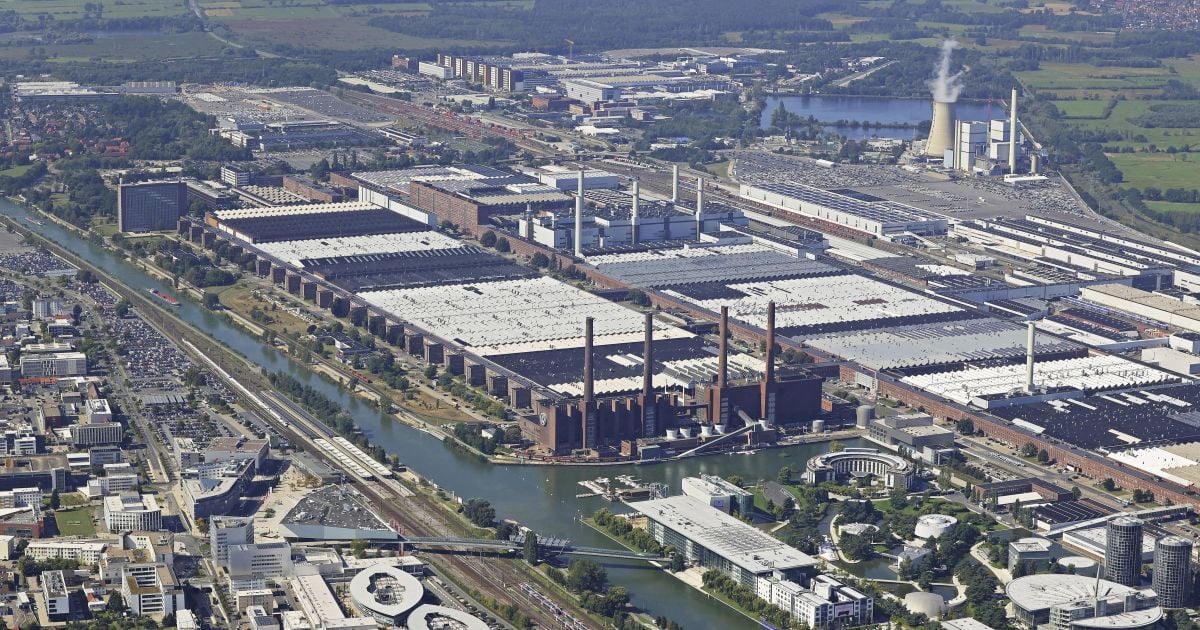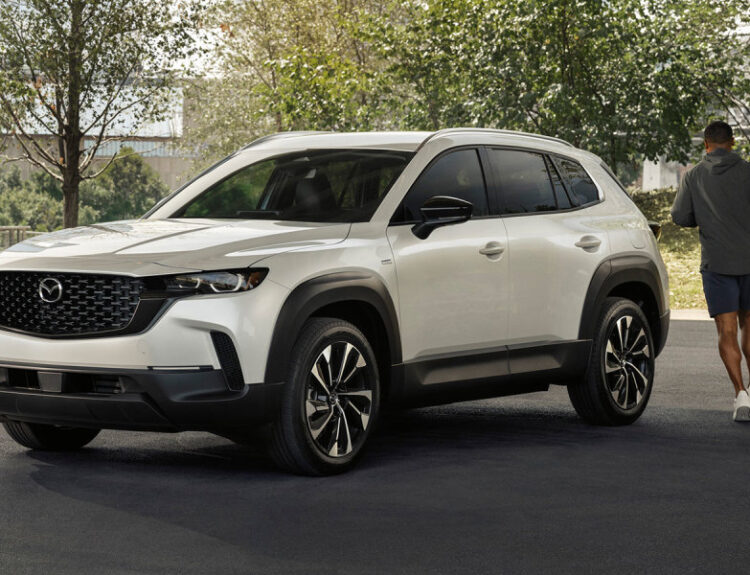Amid declining profits, the future of three Volkswagen factories in Germany faced uncertainty, but recent developments suggest they may remain operational for the time being.
Notably, this reprieve could lead to a significant shift in production, with one of the company’s cornerstone models potentially being manufactured in Mexico rather than in proximity to Volkswagen’s global headquarters in Wolfsburg.
The German automaker has struggled with a downturn in European market demand compounded by waning revenues from its operations in China.
As part of its cost-reduction strategy, Volkswagen’s management considered shuttering three of its ten factories, a move projected to jeopardize tens of thousands of jobs. Employees were also approached about a potential 10 percent pay reduction.
Strikes erupted in multiple German factories, as tensions rose between workforce representatives and management over the path forward amid the turmoil.
According to recent reports from Bloomberg, insiders at Volkswagen indicate that the company is prepared to sustain its factories and extend job security agreements until 2030. However, this would come at the cost of withholding bonus payments.
This proposal remains under negotiation between management and union representatives, with no resolution yet reached.
Bloomberg also highlights a plan to shift global production of the popular Volkswagen Golf hatchback to Mexico, moving it away from its longstanding production site in Wolfsburg, which has built the model since its introduction in 1974.
Volkswagen has historically produced the Golf in its Puebla facility for the North American market, while vehicles constructed in South Africa have been sold in Australia.
While discussions regarding the factories’ futures are ongoing, no official announcements have been made by Volkswagen at this time.
Moreover, the automaker is reportedly contemplating the removal of Volkswagen-branded electric vehicles from its Zwickau production line, currently responsible for the ID.3, ID.4, ID.5, Cupra Born, and Audi Q4 e-tron.
Strikes have occurred not only at the Wolfsburg and Zwickau facilities but also at the Hanover plant, which manufactures commercial vehicles.
Analysts have previously pointed to the Osnabrück and Dresden factories as prime candidates for closure. The historical Osnabrück plant, which began operations over a century ago and formerly produced Karmann vehicles, currently makes the impending T-Roc Cabriolet. Meanwhile, production for its electric counterparts will be consolidated at Porsche’s primary plant in Stuttgart.
On the other hand, the Dresden factory, or Gläserne Manufaktur, originally established to produce the luxury Phaeton, currently focuses solely on the ID.3, having opened in 2002 at a headline cost of €186 million.
Volkswagen’s unions have expressed discontent over the company’s decline from its former status as the world’s leading automaker, raising concerns about management’s handling of workforce pressures.
The peak of Volkswagen’s global vehicle sales reached over 10.7 million in 2019, a record only surpassed in recent memory by its rival, Toyota.
In its third-quarter financial report for October, Volkswagen revealed a 21 percent drop in its year-to-date operating results compared to the same period last year, totaling €12.9 billion ($21.3 billion) by the end of September. After-tax profits plummeted by 30.7 percent year-over-year and saw a staggering 63.7 percent decline in comparing the latest quarter to the same time frame in 2022.
Volkswagen Group Australia has indicated that the overseas cost-cutting initiatives are not expected to impact its local operations, emphasizing its unique market conditions. Corporate communications general manager Paul Pottinger stated, “Our relationship with electric vehicles is still developing, making us a distinct scenario from Europe.”
For further insights:
Volkswagen strikes escalate as tensions rise;
Volkswagen CEO cites ‘structural issues’ for current challenges;
Volkswagen announces workforce pay cuts amid profit drops;
Three German factories face closure, possible layoffs – reports.
Source:www.carexpert.com.au






